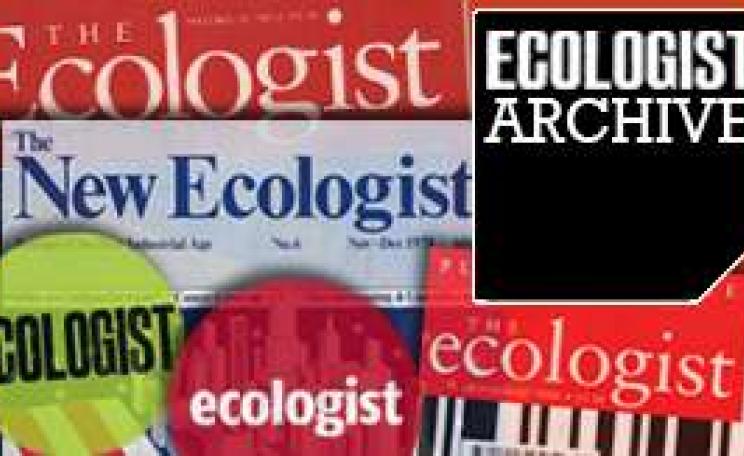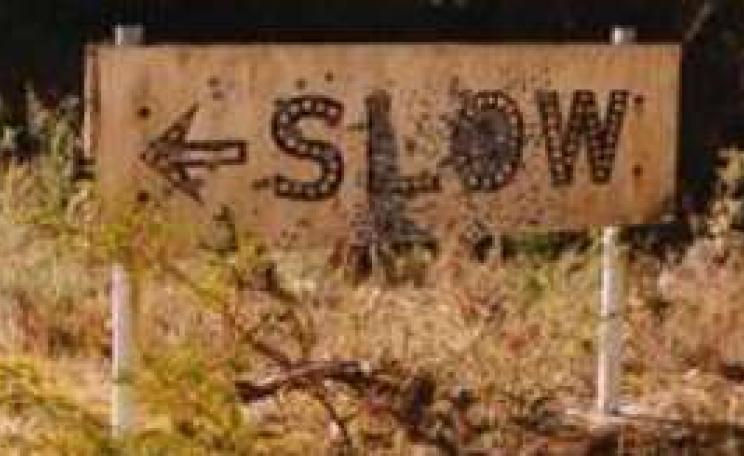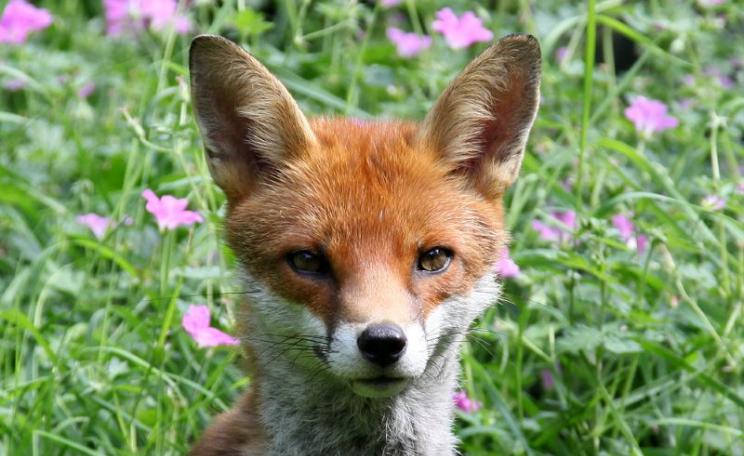Media debates on what the future will be like can be enormously frustrating. Many are little more than show trials. The most outspoken, and often least helpful, pundits argue the extremes: living like cavemen or embracing a world that feels more like science fiction than fact. Either way, the sense of what we might stand to lose feels like a terrible act of surrender, underscored by the fact that so few of us are sure of what constitutes a ‘good idea’ for the future of mankind anyway.
Perhaps that is why, even though our very survival is in question, we tend to look at the crises that are facing us in a superficial way. Giving up the car or the supermarket or the long-haul flight becomes a sentimental journey too far.
So we think small, act small, and ultimately feel frustrated with how little power we seem to have to shape a better future.
To face the future confidently we need to think bigger and outside our usual frames of reference. We need to share our achievements and keep inspiring each other. These big thoughts aren’t likely to originate with politicians, nor with businessmen. So where will these ideas – sustainable, ground-up, human, humane and, perhaps most importantly, replicable in the real world – come from?
The following pages feature profiles of people in various specialist fields who the Ecologist believes have a demonstrated a clear vision for a better world. Although many of them have worked within the system for at least part of their professional lives, it is their willingness to step outside it to better view what needs to be done that links them.
Whether finance, law, waste, urban design, conservation, transport, agriculture, business, consumerism or energy, each has dared to think bigger – even though their peers haven’t always thanked them for it.
They are not famous; you aren’t going to see their faces on TV or on t-shirts, but for the future’s sake you might want to get to know them and their ideas just the same…
Ann Pettifor (Finance), Derek Gow (Conservation),
Carolyn Steel (Urban design), William McDonough (Waste),
Peter Lipman (Transport), Polly Higgins (Law),
Jimmie Hepburn (Agriculture), Bill Drayton (Business),
George Marshall (Energy), Duane Elgin (Consumerism).







